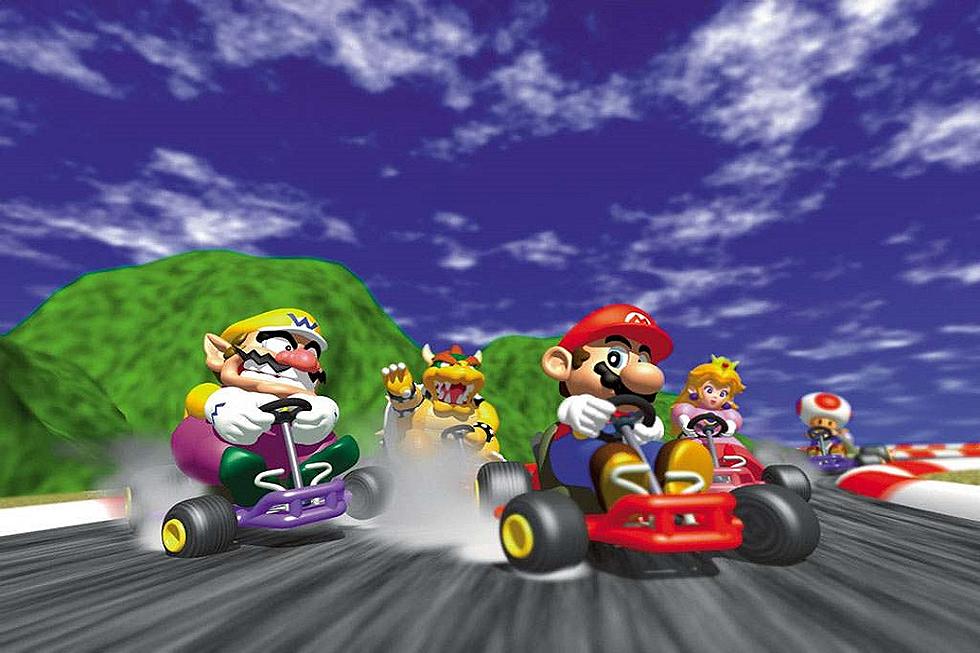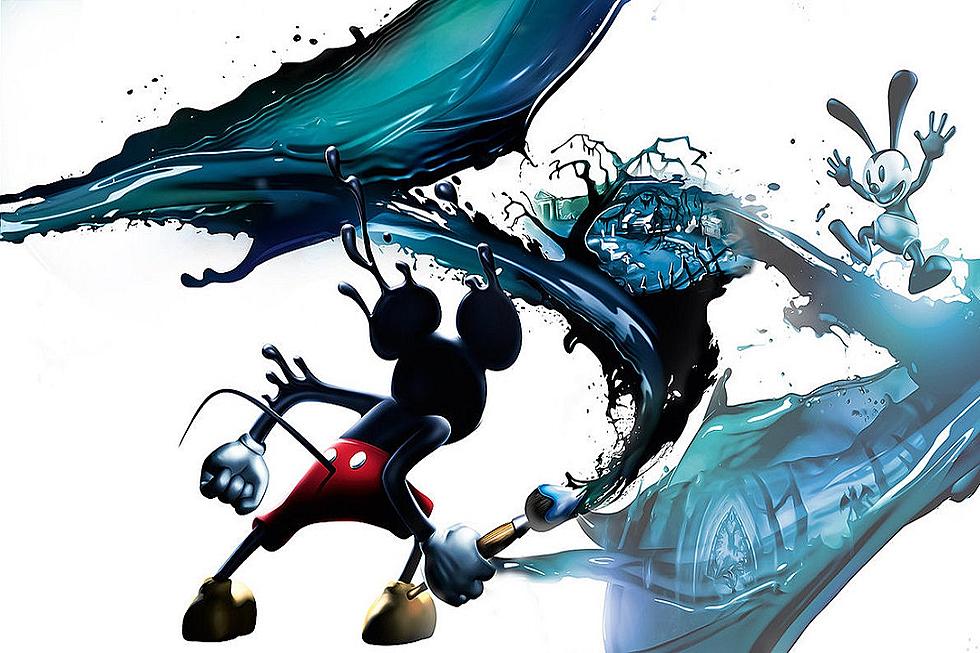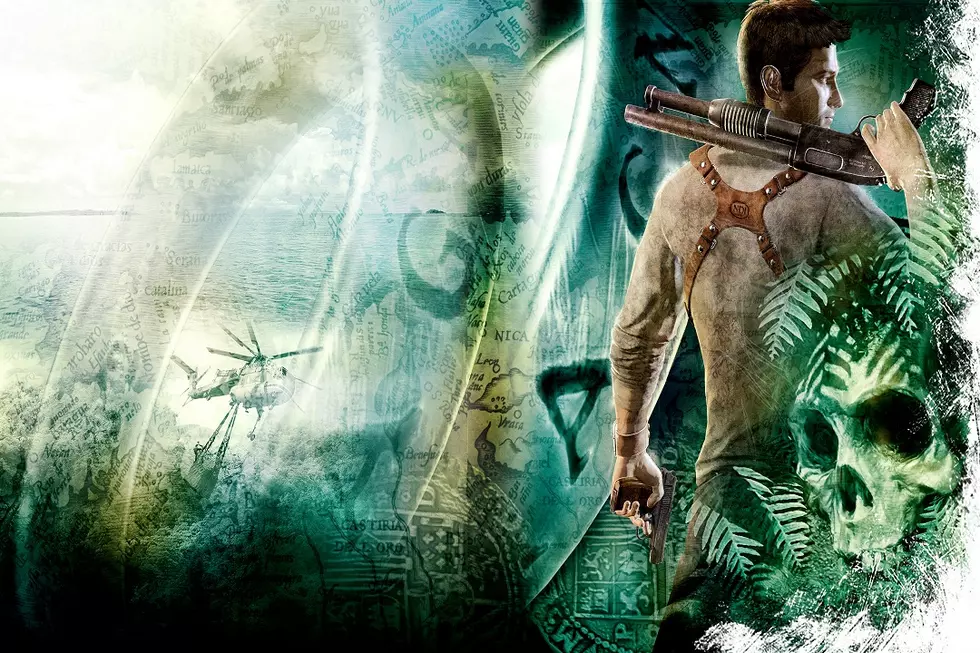
Ninja Theory’s Hard Road to Creating Heavenly Sword
Ninja Theory is doing pretty well for itself these days. The studio has has had the pleasure of working on Disney Infinity 3.0 and the reboot to Devil May Cry, putting out some interesting titles in between. However, during its formative years, the studio almost found itself going under as it sought to create the game that would put Ninja Theory on everyone's collective radar. That game was Heavenly Sword and it almost didn't happen. Between publisher and platform changes, Heavenly Sword went down a long and winding road to find its way to customers, and it was today in 2007 that this interesting action-adventure hack n’ slash finally made it to shelves to tell everyone what Ninja Theory was all about.
Heavenly Sword was only then-fledgling studio Ninja Theory’s second game after 2003’s averagely received Kung-Fu Chaos for the original Xbox, though it may have very well have been conceived around the same time. Development for Heavenly Sword reportedly began in 2002 and early creative material for the game surfaced in 2004. The game seemed destined for Xbox 360 and PC releases, but trouble struck when Ninja Theory’s parent company, Argonaut Games, went into financial collapse and was forced to sell all of its assets. Ninja Theory faced the same possibility and Heavenly Sword seemed destined to die with them.
Luckily for both, Sony Computer Entertainment would approach the now solo Ninja Theory studio to create an exclusive video game for the upcoming PlayStation 3 console. The contract was signed and Ninja Theory shifted gears to adapt Heavenly Sword to Sony’s cutting edge hardware. The game would utilize the talents of actor Andy Serkis, famous for his motion capture work as Gollum in Peter Jackson’s Lord of the Rings and Caesar in the rebooted Planet of the Apes movies. Serkis would play the antagonist, King Bohan, in the game as well as serving as its director. Meanwhile, actress Anna Torv, who played Olivia Dunham in the TV show Fringe would take up the voice and facial capture of the heroine Nariko.
Heavenly Sword tells a tale inspired by Eastern mythologies of a mighty sword wielded by a deity against the evil Raven Lord. After the Raven Lord was defeated, the sword was left to humans who fought over its possession. The sword would come to thirst for life, cursed to kill those who chose to wield it. The sword finds its way to Nariko’s clan: a warrior tribe who protect the sword from use for the good of the world. Eventually, the ruthless King Bohan, seeking to bring all clans under his rule comes seeking Nariko’s clan and the power of the Heavenly Sword. It falls to Nariko to use the sword to protect her people and thwart Bohan’s ambitions.
Much of the gameplay in Heavenly Sword is pulled straight from the playbook of Devil May Cry and God of War. With the Heavenly Sword in hand, Nariko can use its fluid and shifting nature to battle enemies with a variety of stances. Speed stance utilizes the Heavenly Sword as two blades with excel at speedy combos, range stance utilizes the dual blades on chains to do weak damage to enemies at distance and power stance combines the blades into one two-handed sword to deliver crushing blows up close. Meanwhile, quick time events challenge the player to react to certain scenes with button presses in order to escape danger or damage an enemy greatly.
Ninja Theory borrowed from a lot of places in the creation of Heavenly Sword, but it did well in putting them together with its own signature style to create an adrenaline pumping game and a journey to match. If it had any folly, it was that it ended much too soon. Unfortunately, though a sequel was planned, sales of Heavenly Blade failed to meet expectations and that sequel was eventually cancelled. Ninja Theory has since had the opportunity to pursue much greater projects, including the reboot to Devil May Cry itself in 2013’s DmC: Devil May Cry. Nothing could be more of an indication that Ninja Theory did more than a few things right with Heavenly Sword.
More From Arcade Sushi









